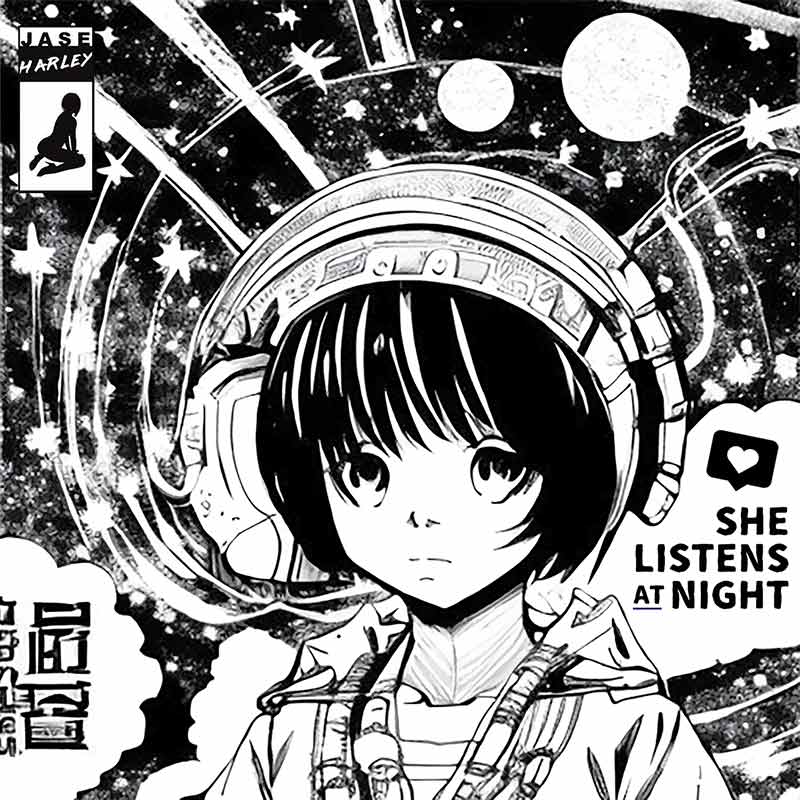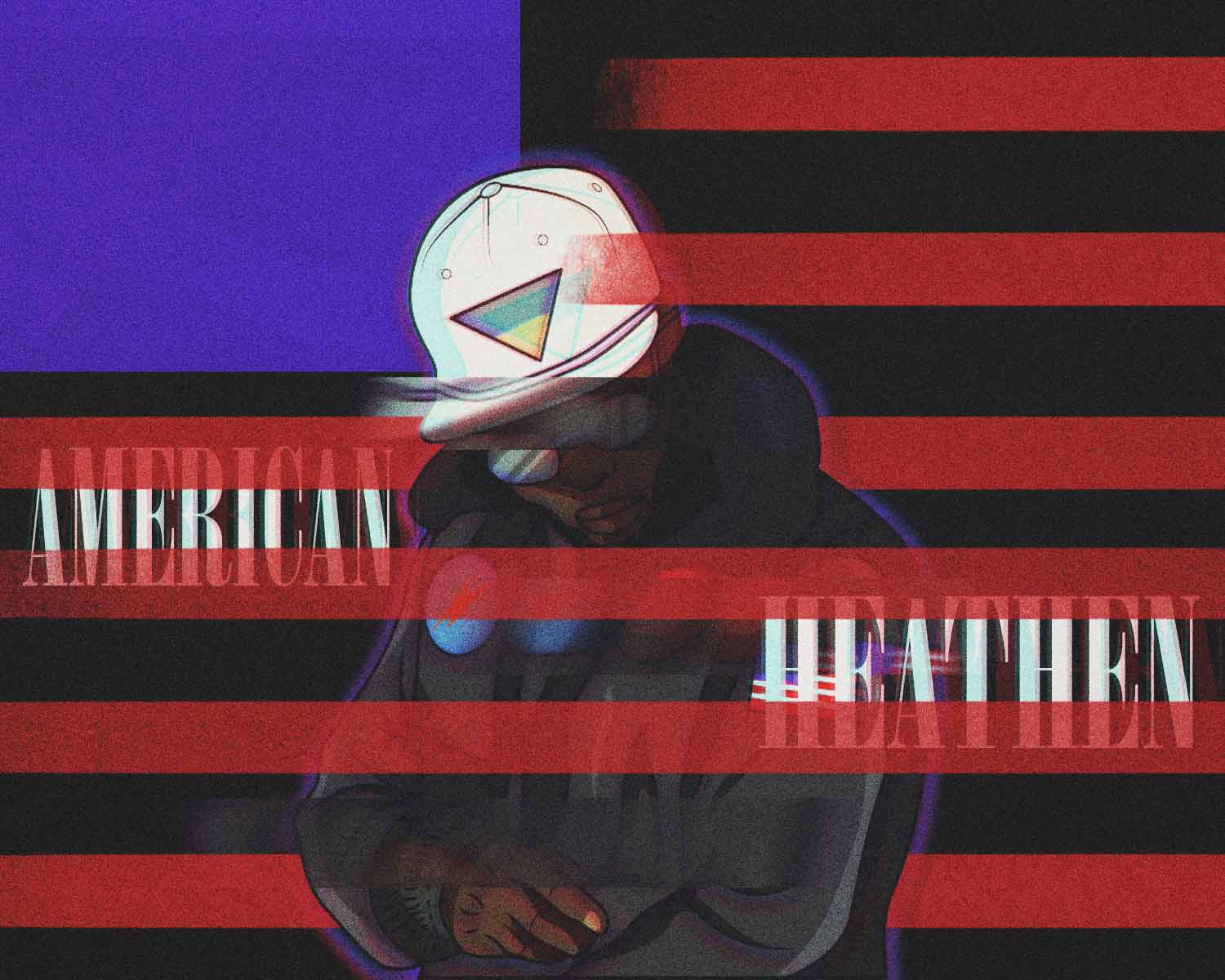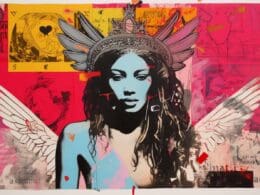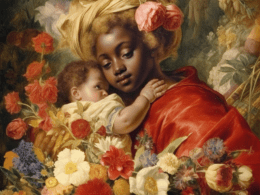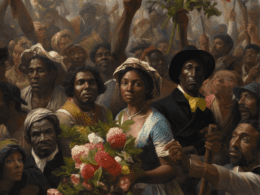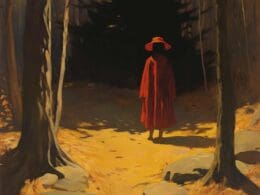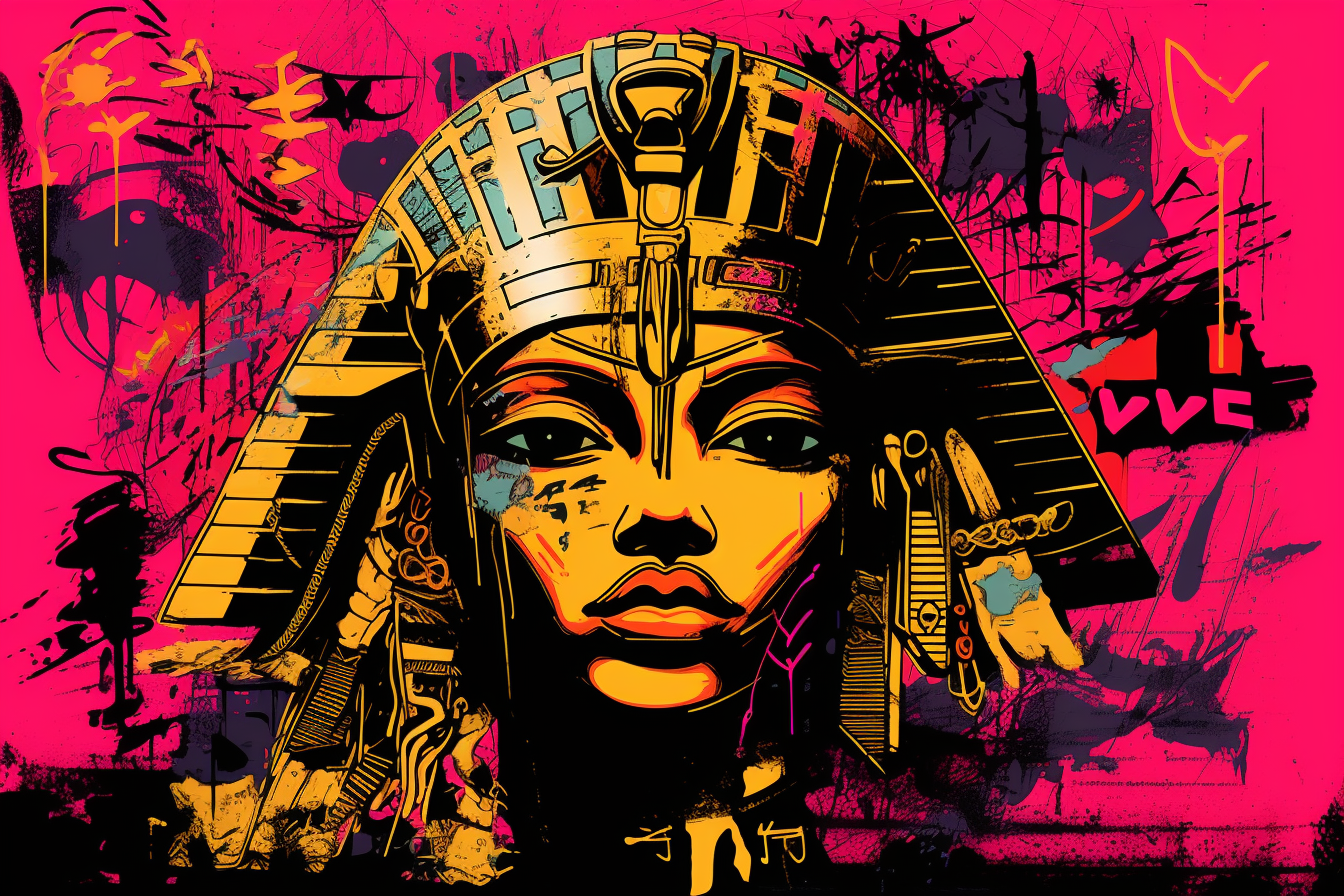
In the ever-turbulent sea of music genres, hip-hop has continually risen as a leviathan, dominating the global soundscape with its raw energy and unapologetic honesty. It’s been over a decade since Nas proclaimed ‘Hip Hop is Dead,’ sparking intense debates and introspection within the genre. Yet, contrary to the dire predictions, hip-hop hasn’t just survived; it’s thrived, expanding its roots far beyond its Bronx birthplace and blossoming into a global powerhouse in influence and revenue. However, beneath this veneer of success, there’s a growing sense of stagnation, a yearning for the innovation that once defined its core.
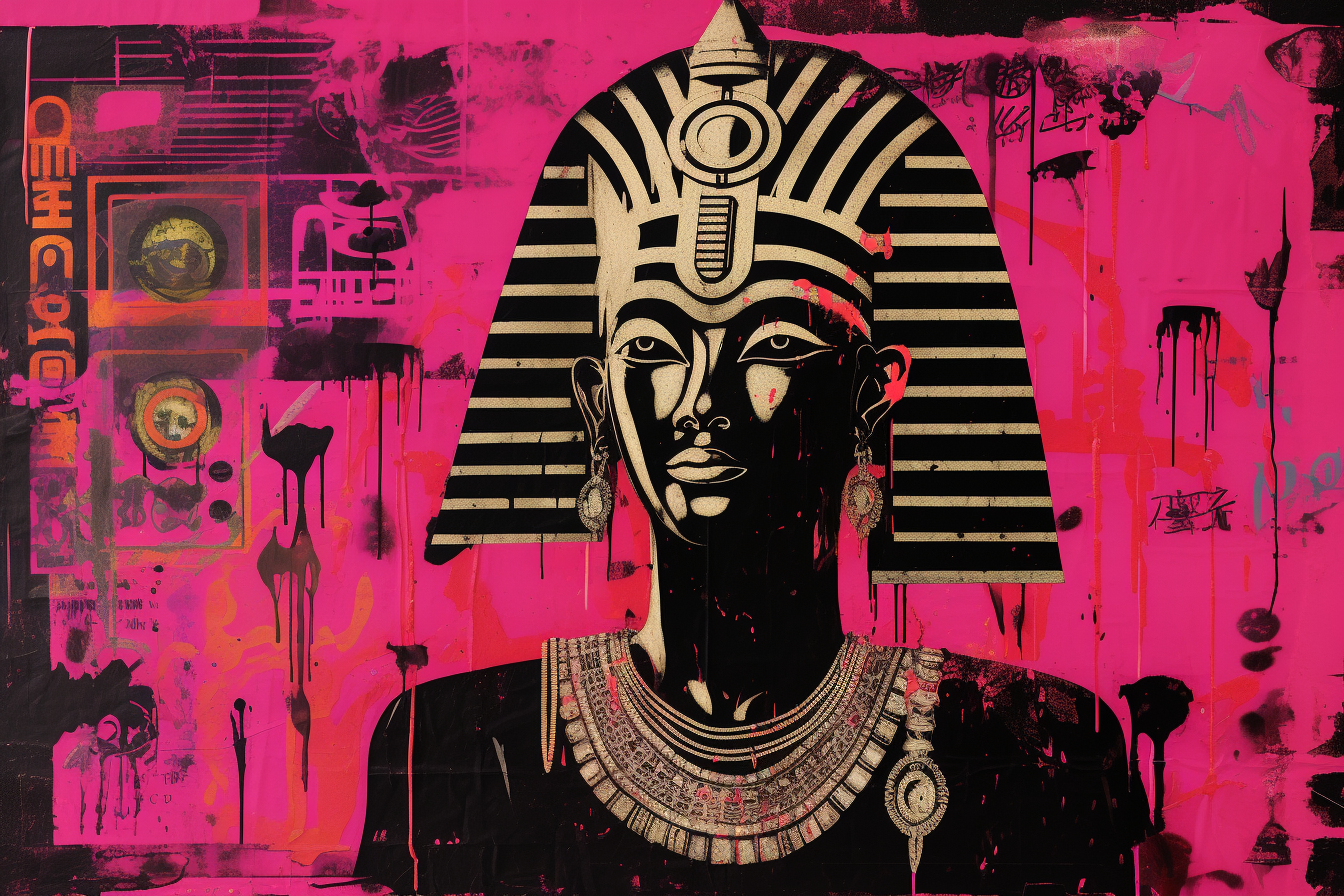
The cyclical nature of the music industry, akin to the rhythmic rises and falls of the stock market, sees hip-hop grappling with its own identity. Every decade or so, the industry, much like a trend-chasing alchemist, fixates on a specific style or regional flavor — from Atlanta’s trap to Chicago’s drill — milking it to the point of saturation. While commercially successful, this rinse-and-repeat formula has left many enthusiasts longing for a fresh infusion of creativity and originality.
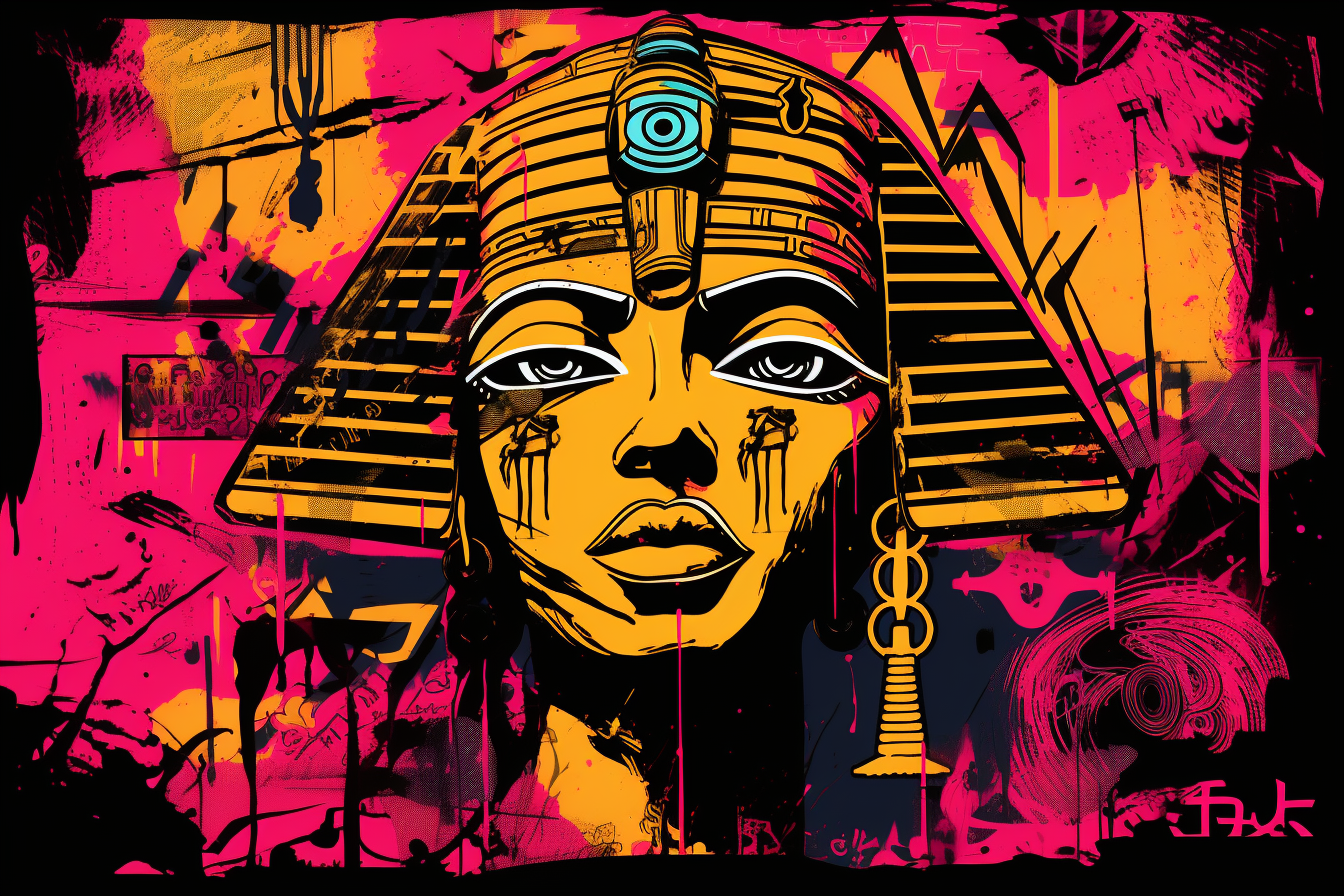
Streaming, once the savior of the music industry, is now giving way to playlist management as the new gold rush. The days when artists would craft albums as cohesive, boundary-pushing artworks are fading into the background. In their place, a ‘monkey see, monkey do’ approach prevails, characterized by loop-heavy production and formulaic songwriting. This homogenization has sparked a chorus of discontent, with calls for a messianic figure or figures to resurrect the genre’s former glory or, at the very least, chart a new, innovative course.
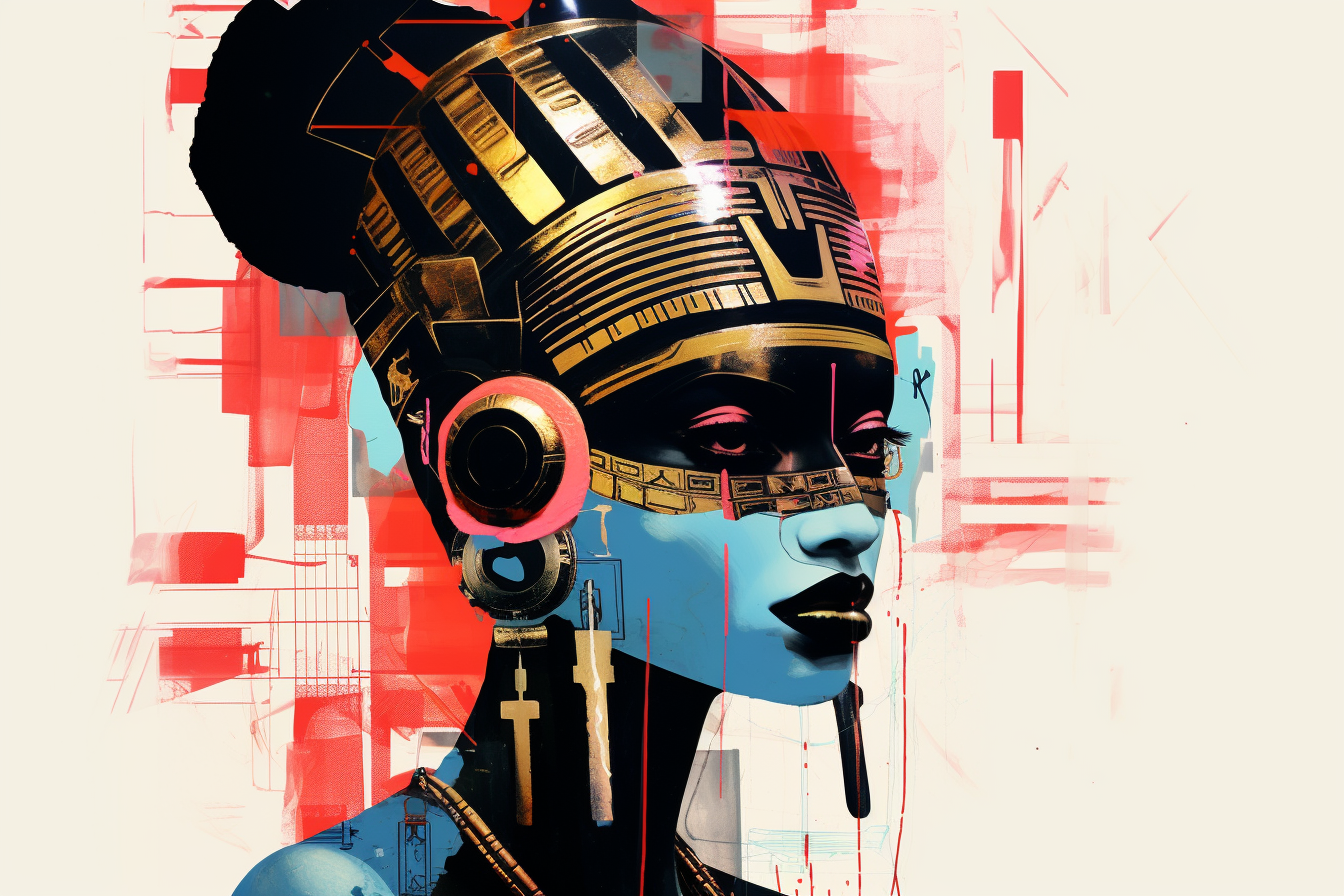
Yet, it’s crucial to remember that hip-hop, at its core, is a narrative of the streets — born from the struggles and triumphs of African-American communities during some of the nation’s darkest hours. It exemplifies standpoint theory, where those at the societal margins often have the clearest view. Like blues, jazz, and folk, hip-hop is a product of the oppressed, a testament to the fact that authenticity rarely originates from the upper echelons of society. Instead, it has historically been co-opted and exploited by those in power.
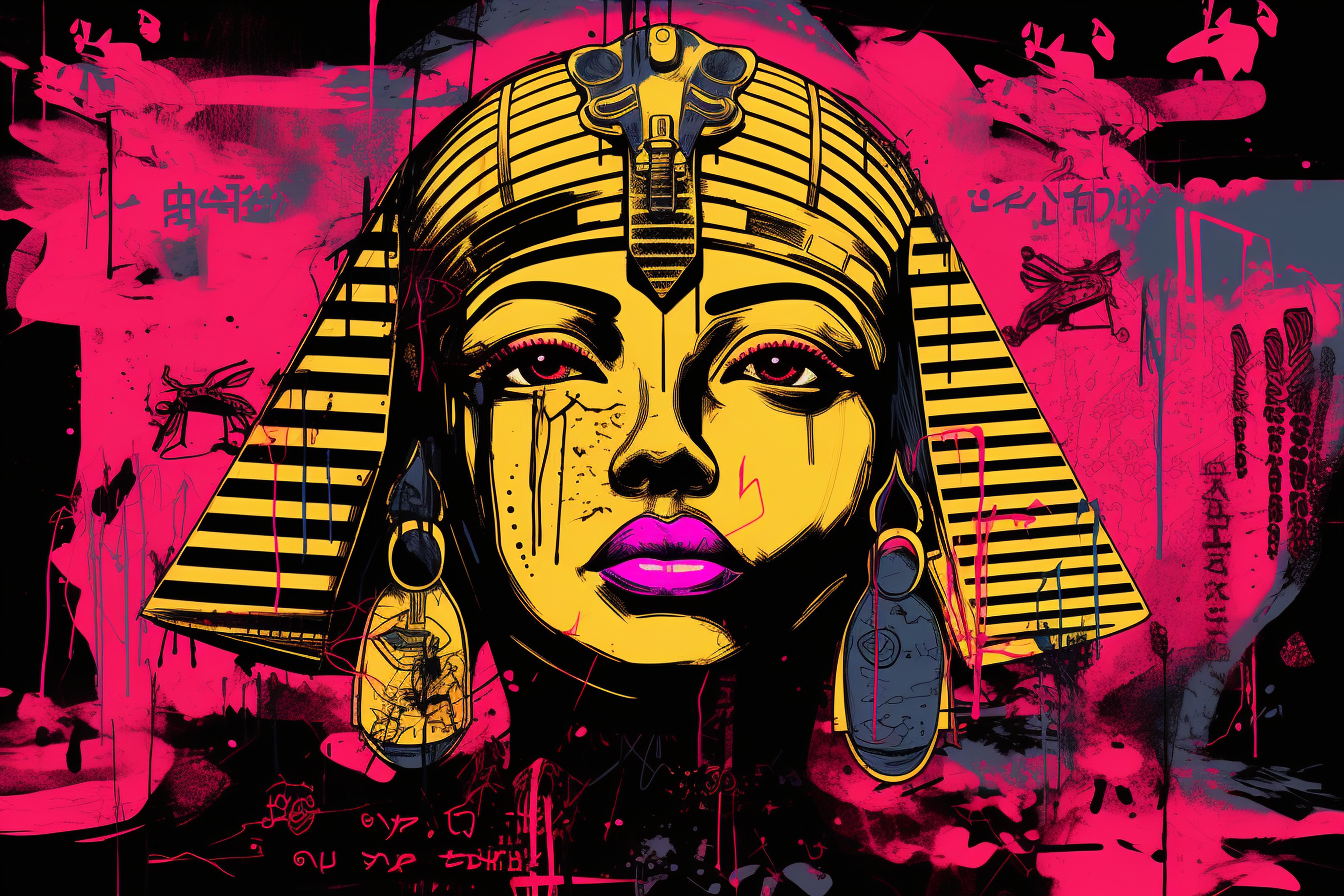
In the world of hip-hop, accusations of selling out are rife, yet it’s essential to acknowledge trailblazers like Sam Cooke, who set the blueprint for Black artists to control their business. Modern artists often find themselves navigating a labyrinth of 360 deals and publishing contracts that, while offering more freedom than past industry models, still fall short of the total autonomy long championed by music activists. The specter of ‘culture vultures’ looms large, with those outside the community still wielding disproportionate influence over a genre they were never part of.
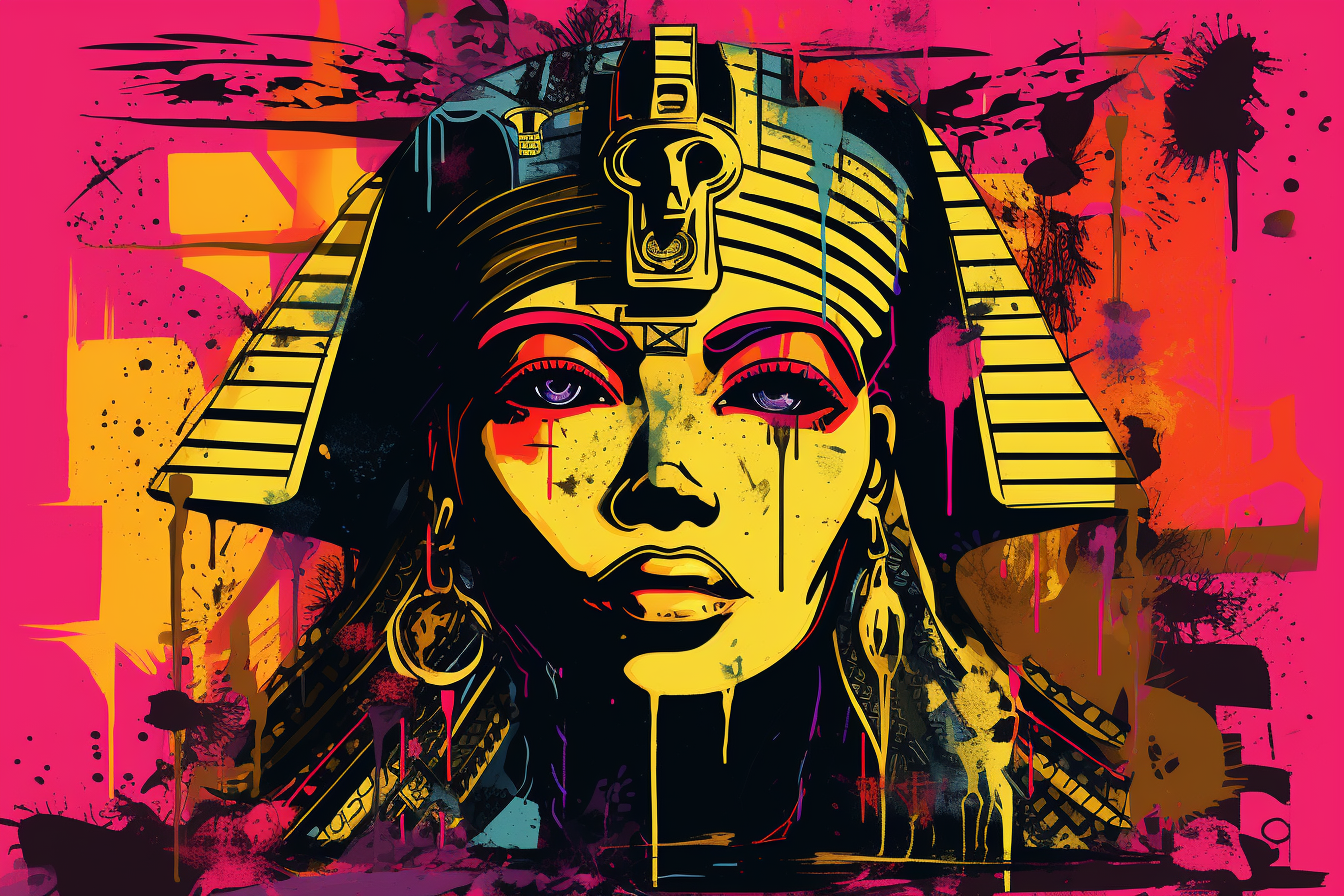
As hip-hop continues to evolve and confront its identity crisis, the challenge lies in reclaiming its narrative — ensuring that its future is shaped by those who live and breathe its ethos. The genre has always been a beacon of innovation and resilience, and it’s this spirit that must guide it as it navigates the complexities of the modern music industry. The quest for authenticity and self-determination within hip-hop is not just a struggle for artistic integrity but a fight for the soul of a culture that has repeatedly redefined the sound of America.

